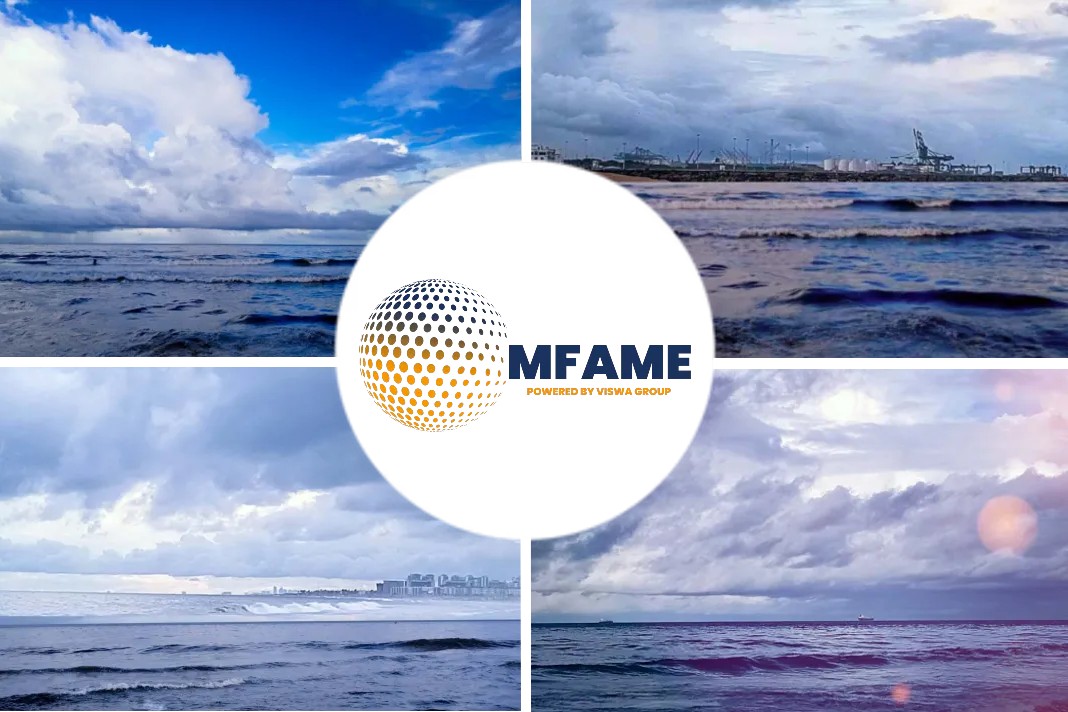- Swiss-based marine engine technology developer WinGD has published a new white paper outlining the steps it believes will enable deep-sea shipping to decarbonize in line with IMO provisions.
- WinGD sets the industry standard for reliability, safety, efficiency and environmental sustainability.
- WinGD provides designs, training and technical support to engine manufacturers, shipbuilders, ship operators and owners worldwide.
WinGD, a Swiss-based developer of marine engine technology, has released a new white paper describing the measures it believes would allow deep-sea shipping to decarbonize in accordance with IMO regulations. The goal of the guide is to show shipowners how, rather than waiting for silver bullet’ technologies to develop, they can make informed decisions today to dramatically reduce emissions as reported by GCaptain.
Energy efficiency
The paper, ‘Navigate the Future with Confidence’, advocates a step-by-step, holistic approach to improving energy efficiency.
The use of LNG is one of the single biggest ways to reduce emissions in current vessels and will enable the use of carbon-neutral synthetic or bio-gas when it becomes available.
Taking action now is the right choice as simply waiting for the availability of clean fuels won’t be enough.
Other technologies also need to be added to help ships reach IMO’s 2050 target.
WinGD Vice President Research & Development Dominik Schneiter said: “The low-speed marine engine will remain the core power provider for deep-sea shipping.”
Development work
The white paper highlights the engine developments that enable the use of clean fuels such as ammonia and methanol by 2025 – notably WinGD’s dual-fuel X-DF engine platform and the recent launch of X-DF2.0 technologies which can halve methane slip and reduce greenhouse gas emissions by a further 10%.
WinGD’s development work on electrical hybrid systems is also summarized.
The company has developed a comprehensive simulation platform to study hybridization options for all applications and operation patterns.
“By preparing for these future scenarios, WinGD is taking the risk out of engine investments for shipowners and operators,” said Dominik Schneiter.
“In uncertain times our extensive research aims to place the future performance and compliance of WinGD engines beyond doubt.”
Did you subscribe to our newsletter?
It’s free! Click here to subscribe!
Source: GCaptain
















